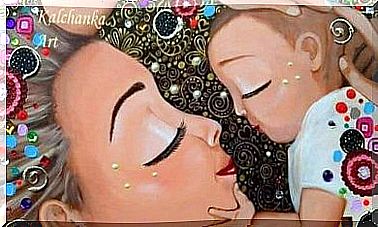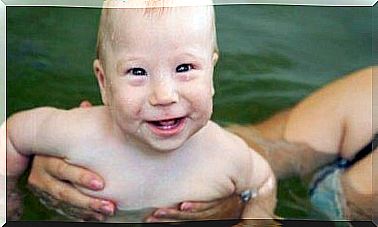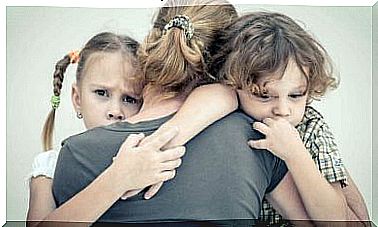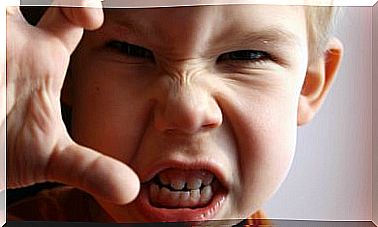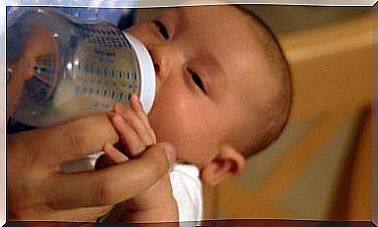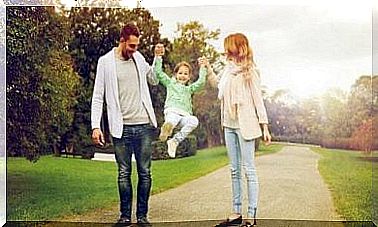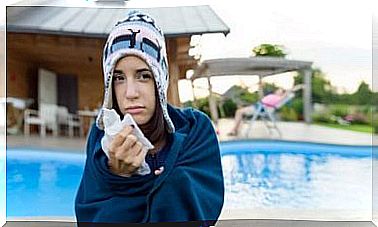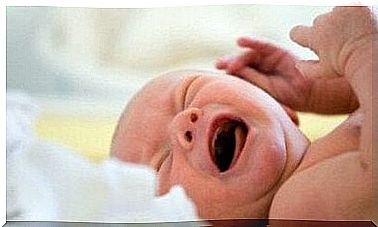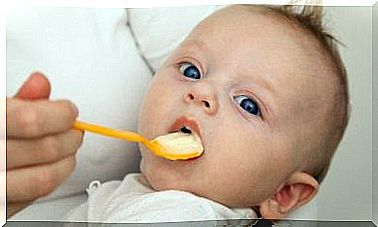Babies’ Emotional Development
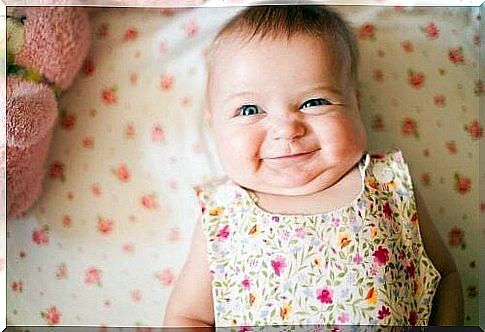
It is a sign of babies’ emotional development when they laugh and smile.
Read on as we deepen babies’ emotional development by starting from their first smile, and to those they share with us as they get older.
A baby’s first smile
A baby who is a month old is not completely devoid of emotions as some might think. At this age, a child is able to feel a very strong bond that is vital to their survival. To ensure their survival, they develop a strong bond with an adult who is usually their mother.
In addition to crying, which is the main emotion that babies show, there are other emotions a newborn can feel: well-being, relaxation, contentment… These emotions are reflected when you see them being quiet, listening and observing as they learn about the world.
A newborn can also smile, but contrary to what it may seem, this smile is not a product of their emotional well-being or happiness; it happens due to the activity of their central nervous system. It is usually a reflex that appears while sleeping.
Smile after the first month
The smiles that a baby emits after their first or second month when they are awake, depending on the situation, are known as social smiles. It is a result of interaction with the world and the response to various stimuli.
Babies begin to understand that when their mother talks to them, she smiles because she is happy. They also notice that other adults smile when they see them, play with them or carry them. That’s how they start smiling.
Therefore , babies smile when they feel good, when they are talked to, when they get what they want, or they see or hear something that catches their attention in a positive way.
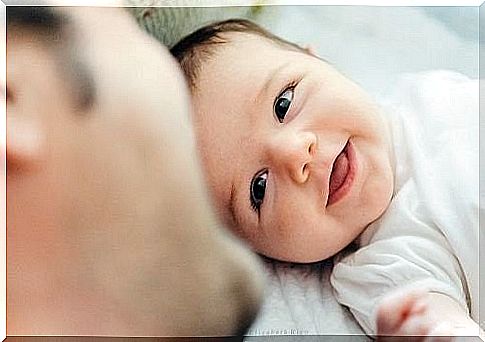
At this age, they begin to understand that their smiles also capture the attention of adults just like crying.
Some children laugh for the first time when they are 4 months old. Some start a little earlier and others a little later. At this age, the child begins to laugh when he or she is stimulated, just like adults. They do this when they think there is something that is funny: a doll that moves when we tickle them…
After the age of 4 months, the baby will not laugh or smile at everyone. They will only show these feelings to people they know, and sometimes to strangers with whom they feel comfortable.
They begin to understand that smiles are related to attachment and that they can smile to those they want. This is known as the differential smile phase.
When they smile and laugh: A breakthrough in babies’ emotional development
As the child begins to understand the world, they begin to emulate the people they live with. They learn to respond to stimuli and begin to make progress in their affective and psychosocial development.
A child of one month learns that love and social contact are enhanced with smiles. They learn that smiles are worth more than tantrums and crying. As they grow, they begin to understand that being able to get what they want – whether it is material or emotional – then their smiles and laughter are useful tools.
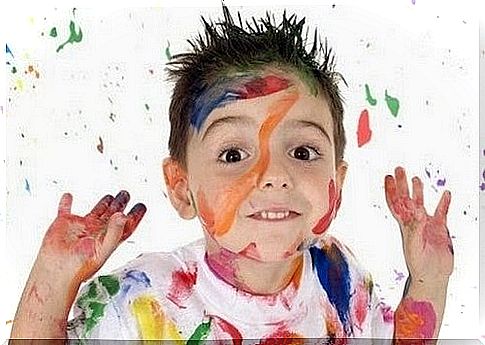
The smiles of others also reinforce their feelings. If there is one around them who is smiling, then they feel more secure. For example, they may feel scared if a dog walks by on the sidewalk. Their mother’s smile can reassure them and indicate that there are no dangers ahead.
For a 2-year-old, laughter is no longer just a reflex or an exhibition of their happiness. It is a powerful tool that they use to achieve their goals and to make adults give in to their desires (emotional blackmail).
We can observe the little wise at this age. They test them around them and act to see how others react. When their trouble does not end well, then they know that they may be able to avoid punishment by smiling.
Laughter will also be a stimulus for babies’ emotional development, as well as their cognitive development. They will laugh at absurd situations: When they see other children fall, or even when they see themselves fall in a video that mother has filmed.
Their laughter and smiles will help them grow, as well as improve their well-being and behavior as human beings. It will help them become more friendly, make more friends and feel happy.
